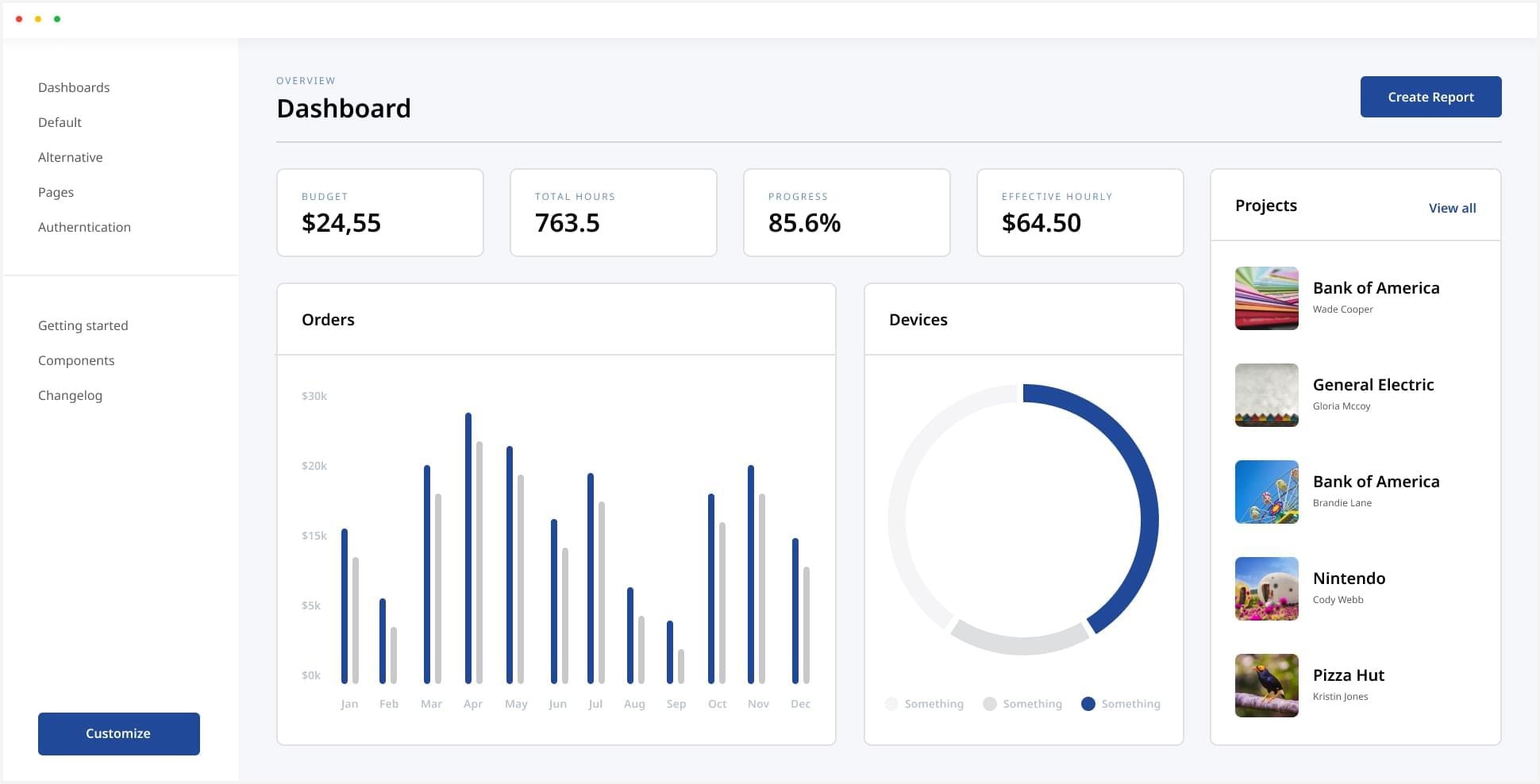
Answering The Most Common Questions Involving Credit Cards
A credit card is indeed a valuable financial tool. Everything from shopping online to making travel reservations, there are plenty of more manageable tasks if you have a credit card in hand.

Common Questions Involving Credit Cards
The following are some of the most commonly asked questions regarding credit cards:
• How Does A Credit Card Differ From A Debit Card?
You can make purchases using both debit or credit cards; however, the transaction process varies depending on the type of card usage.
Debit cards are directly associated with your bank account, so the amount automatically deducts from your account whenever you make a purchase. On the other hand, credit cards provide you with access to a credit line that allows you to borrow money to repay it later.
Moreover, a credit card helps you build your credit history, but debit cards can’t do that.
• What Is Credit Score?
A credit score is a number, typically within 300 to 850, that predicts your likelihood to repay borrowed funds and pay bills.
A credit score is determined using the data from your credit accounts. Then credit-reporting companies, also known as credit bureaus, collect and compile this information into your credit reports.
A good credit score allows you to qualify for the lowest interest rates on loans, credit cards, and insurance payments.
• What Does The Term “Cash Back” Mean?
Credit card cash backs are rewards given to customers when they use their credit cards to purchase. Cashback benefits can be in the form of money or points, with points often redeemable to be used to buy online, purchase gift vouchers, or have it deposited back into your bank account.
• Can I Make A Withdrawal With My Credit Card?
Yes! Most cards allow you to withdraw money from an ATM. The majority of credit cards charge a cash advance fee of 2.5 to 3 percent of the amount taken.
Plus, you will be charged interest when you withdraw money, even if you pay off your debt in full that month. So, unless it’s an emergency, try to avoid withdrawing cash on a credit card.
• What Happens If I’m Unable To Make My Payments On Time?
If you’re overdue or miss a payment entirely, you will be charged a fee (typically around $16), and the late or missing amount will be placed on your credit report, which can affect your potential to get credit in the future.
To Conclude
There are several advantages to carrying a credit card in your wallet. However, there are also some risks. The key to effectively using credit cards is to keep your credit in good condition and pay your bills on time and in full each month.
Want to manage your finances like a pro? Get in touch with platforms like My EasyFi or use Financial Planning Software to make things easier.